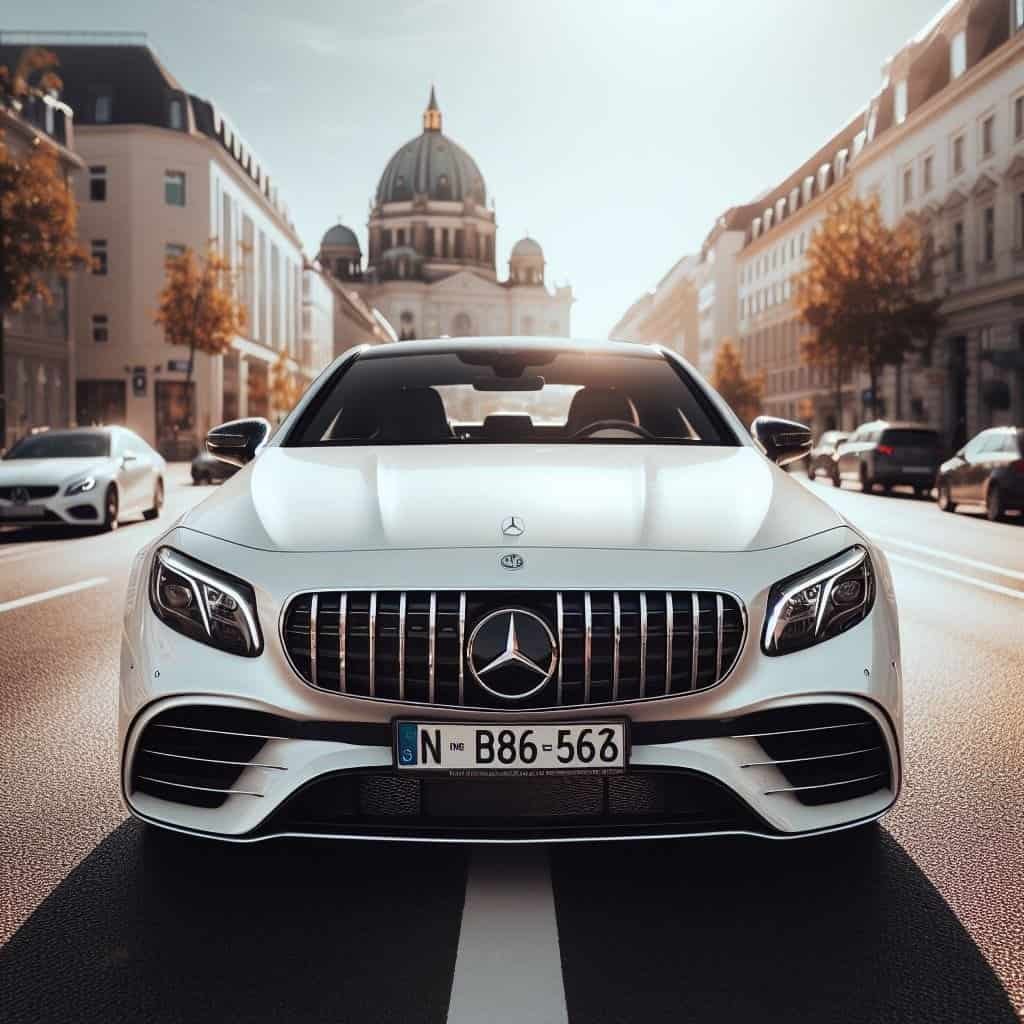
When it comes to luxury automobiles, few names carry as much prestige and recognition as Mercedes-Benz. The German automaker has become synonymous with elegance, innovation, and superior engineering. But have you ever wondered why it is called Mercedes? In this article, we will delve into the fascinating origins of the Mercedes name and explore how it came to represent one of the most iconic automotive brands in the world.
The Birth of Mercedes
The story begins in the late 19th century with two visionary pioneers: Karl Benz and Gottlieb Daimler. Both men were instrumental in the development of the automobile industry, but it was Daimler’s daughter, Mercedes, who would lend her name to the company that would eventually become Mercedes-Benz.
The Inspiration Behind the Name:In 1900, Emil Jellinek, an Austrian businessman and automobile enthusiast, approached Daimler with a proposal that would forever change the course of the company. Jellinek was captivated by Daimler’s innovative vehicles and saw the potential for them in the emerging world of motorsports.
Jellinek, the ultimate marketer, believed that a successful racing team needed a recognizable name to make an impact. He insisted that the cars be named after his ten-year-old daughter, Mercedes, an unusual name at the time but one that exuded elegance and charm.
The Success of the Mercedes 35 hp
In 1901, the first vehicle to bear the name Mercedes was introduced: the Mercedes 35 hp. This groundbreaking automobile quickly gained a reputation for its power, reliability, and luxurious features. It dominated the racing scene, winning numerous competitions and cementing the brand’s status as a symbol of excellence.
The Fusion of Mercedes and Benz
Meanwhile, in another part of Germany, Karl Benz was making significant strides in the automotive industry. In 1926, after years of fierce competition, the Daimler-Motoren-Gesellschaft and Benz & Cie. merged to form Daimler-Benz AG. This merger brought together two automotive giants under one roof and created the foundation for the modern-day Mercedes-Benz brand.
The Legacy Lives On
Since its inception, the Mercedes-Benz brand has continued to push boundaries and redefine the automotive industry. From pioneering safety features to cutting-edge technology and breathtaking design, Mercedes-Benz has consistently been at the forefront of innovation.
The Mercedes name has become synonymous with luxury, performance, and prestige. It embodies a legacy built on the vision and passion of Karl Benz, Gottlieb Daimler, and Emil Jellinek. Today, Mercedes-Benz remains a coveted symbol of automotive excellence, captivating drivers around the world.
Conclusion
The story behind the Mercedes name is one of innovation, elegance, and passion. Inspired by a young girl’s charm, the name has come to represent the pinnacle of automotive engineering and luxury. From its humble beginnings in the early 20th century to its current status as a global powerhouse, Mercedes-Benz has remained true to its founding principles and has consistently set new standards in the industry.
As we look to the future, it is clear that the Mercedes-Benz brand will continue to push boundaries, embracing new technologies and sustainable practices. The name Mercedes will forever be associated with a commitment to excellence and a dedication to creating extraordinary driving experiences.





